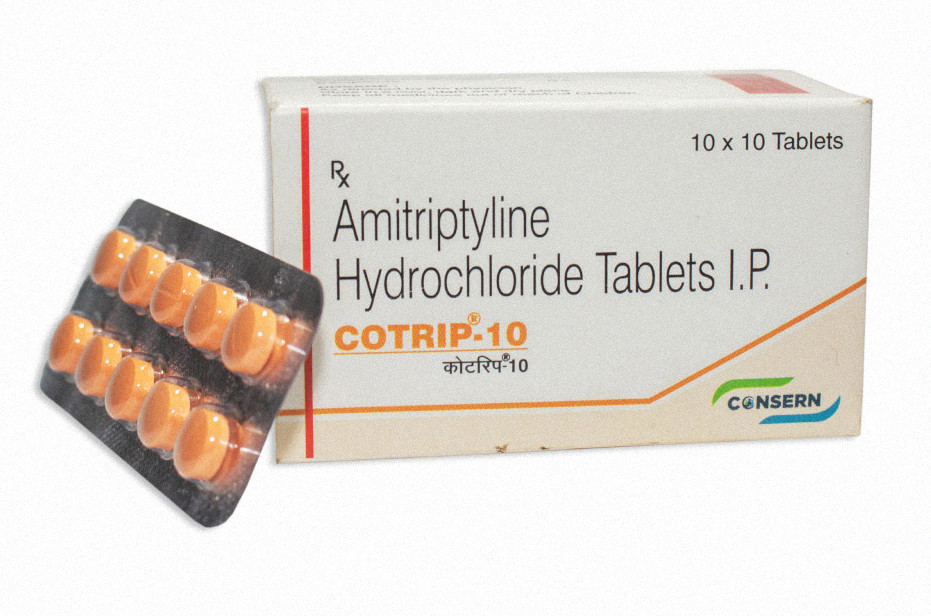Amitriptyline is indicated for the treatment of major depressive disorder and neuropathic pain and for the prevention of migraine and chronic tension headache. It can be used for the treatment of nocturnal enuresis in children older than 6 after other treatments have failed.
It is effective for depression, but it is rarely used as a first-line antidepressant due to its higher toxicity in overdose and generally poorer tolerability.
Amitriptyline alleviates painful diabetic neuropathy. It is recommended by a variety of guidelines as a first or second line treatment. For this amitriptyline is as effective for this indication as gabapentin or pregabalin but less well tolerated.
Amitriptyline is probably effective for the prevention of periodic migraine in adults.
It is similar in efficacy to venlafaxine and topiramate but carries a higher burden of adverse effects than topiramate.
It is effective for the treatment of irritable bowel syndrome; however, because of its side effects, it should be reserved for select patients for whom other agents do not work.
Amitriptyline may improve pain and urgency intensity associated with bladder pain syndrome and can be used in the management of this syndrome.










